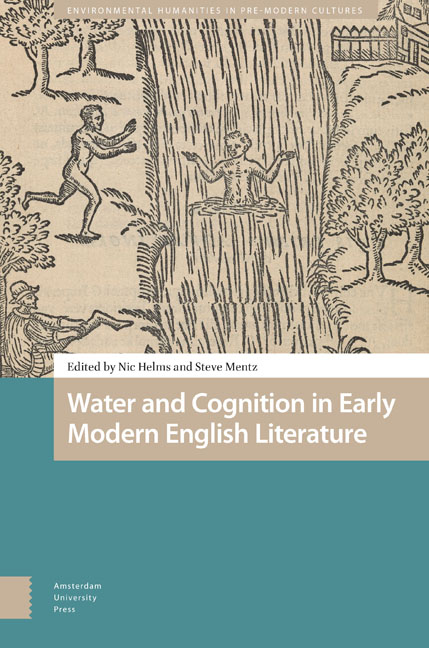Book contents
12 - Jurisdiction : Oceanic Erasure and Indigenous Subjection in Dryden’s Amboyna
Published online by Cambridge University Press: 16 April 2024
Summary
Abstract
John Dryden's Amboyna, or the Cruelties of the Dutch to the English (1673) is an English imperial drama set on Ambon in the Malay Archipelago. This chapter examines jurisdiction in Dryden's play as a form of oceanic cognition developing at the intersection of geopolitical and economic spheres. It finds in Amboyna the emergence of a seascape that acts as precondition for the perspectives of postcolonial thinkers like Hauʻofa, Glissant, and Said. Jurisdiction in Amboyna exercises authority over Indigenous bodies and their ocean, subjected and erased, in order to produce English colonial boundaries. In Dryden's play as in the early British Empire, jurisdiction draws lines beyond which bodies become things.
Keywords: Hugo Grotius, postcolonial, oceanic history, Anglo-Dutch relations, early modern race, Indigenous studies
John Dryden's Amboyna, or the Cruelties of the Dutch to the English (1673) is an English imperial drama set on Ambon, an island located in the Banda Sea of the Malay Archipelago in twenty-first century Indonesia. For three acts, the play focuses on the political and commercial intrigues of Dutch and English merchants on Amboyna; in the fourth act, the play's only speaking Indigenous character—the “Indian” Ysabinda—is dragged offstage and raped by the Dutch Governor's son; in the final act, the English are tortured by Dutch forces bent on breaking entirely the East India Company's economic foothold in the region. While Amboyna has recently been understood as a propagandist record of the first English “massacre,” those “cruelties” are not the play's only focus, nor its animating one. Even in the horrific final acts, and certainly before, Dryden's play is concerned with the political management of oceanic space, oceanic resources, and oceanic peoples. As the anthropologist Epeli Hauʻofa has written of colonialism elsewhere in the Pacific: Amboyna, its author, and his patron are involved directly or indirectly in the creation of an exploitative geopolitics of the East Indies “for the purposes of which it is necessary to portray our huge world in tiny, needy bits.”
- Type
- Chapter
- Information
- Water and Cognition in Early Modern English Literature , pp. 257 - 282Publisher: Amsterdam University PressPrint publication year: 2024



